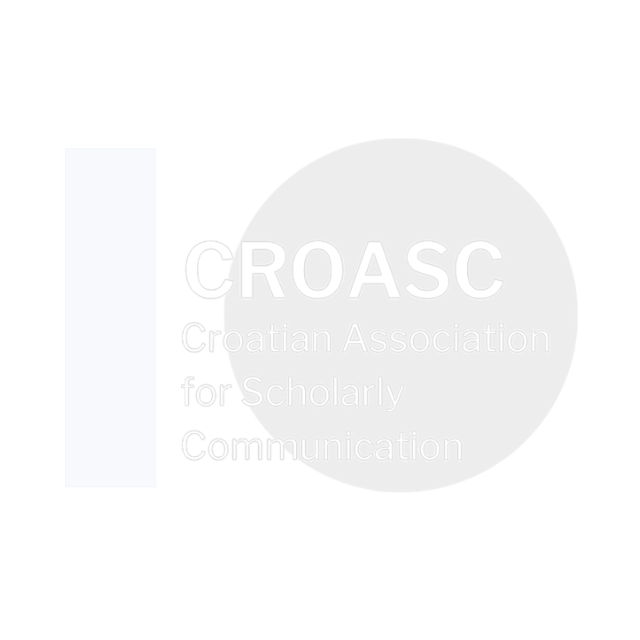Open Science, Rights Retention and SPR in Slovenian legal order
poster presentation × thursday × 11.30-13.00
Slovenia has adopted a comprehensive strategic and political framework for Open Science to align with broader European trends. First, with the National Strategy of Open Access to Scientific Publications and Research Data in Slovenia 2015–2020 (Slo. Nacionalna strategija odprtega dostopa do znanstvenih objav in raziskovalnih podatkov v Sloveniji 2015−2020), and later with the Resolution on the Slovenian Scientific Research and Innovation Strategy 2030 (Slo. Resolucija o znanstvenoraziskovalni in inovacijski strategiji Slovenije 2030; hereinafter: ReZrIS30).
In addition to the strategic and political framework, Slovenia has many top-down legislative and non-legislative enablers for open science. The most important is the Scientific Research and Innovation Activities Act (Slo. Zakon o znanstvenoraziskovalni in inovacijski dejavnosti; hereinafter: ZZrID), adopted in 2021, which was the first to introduce a top-down Rights Retention requirement. This requirement was later elaborated on and complemented by the governmental Decree on the Implementation of Scientific Research in Accordance with the Principles of Open Science (Slo. Uredba o izvajanju znanstvenoraziskovalnega dela v skladu z načeli odprte znanosti; hereinafter: Decree on Open Science). This further details the framework and obligations for Rights Retention, as well as other aspects of Open Science.
The Slovenian Scientific Research and Innovation Activity Act (ZZrID) mandates Rights Retention, a crucial mechanism for ensuring that publicly funded research remains openly accessible. The concept of Rights Retention is further detailed in the Decree on Open Science. Compliance with Rights Retention obligations functions not only as an enabler, but also as an incentive for Open Science principles, reinforcing their uptake through financial conditions tied to research funding eligibility and legally prescribed sanctions for non-compliance.
At present the amendment proposal of the ZZrID, proposed by the Ministry of Higher Education, Science and Innovation, aims to implement Secondary Publishing Rights into Article 41 of ZZrID. The inclusion of Secondary Publishing Rights aligns with recommendations and encouragement from the EU Council Conclusions on high-quality, transparent, open, trustworthy, and equitable academic publishing. If adopted, this measure would likewise serve as an incentive for Open Science principles, insofar as it not only strengthens legal certainty for researchers and institutions engaging in open dissemination of knowledge, but also introduces financial and legal consequences. This includes the explicit stipulation that any contractual provision preventing researchers from publishing or making available to the public the results of the research in a public open access repository shall be null and void. This proposed amendment would provide an additional legal instrument to strengthen open access to, and reuse of, publicly funded research outputs. Similar provisions have already been adopted in countries such as Bulgaria, the Netherlands, Italy, Germany, France, Belgium, and Austria, highlighting Slovenia’s commitment to aligning with best practices in Open Science. The proposed amendment to ZZrID is still in the process of adoption and is currently under parliamentary consideration.
The presentation will present legislation in place that supports rights retention and explain how it functions in practice and highlight why introduction of the SPR will be a crucial step forward to ease administrative burdens for researchers and increase legal certainty.
keywords
Open Science Policies, Right Retention, Secondary Publication Rights
References
Ministrstvo za izobraževanje, znanost in šport. (2022). Zakon o znanstvenoraziskovalni in inovacijski dejavnosti (ZZrID). In Pravno-informacijsko Sistem Republike Slovenije.
Ministrstvo za izobraževanje, znanost in šport. (2023). Uredba o izvajanju znanstvenoraziskovalnega dela v skladu z načeli odprte znanosti. In Pravno-informacijsko Sistem Republike Slovenije.
Maja, B. J., Deborah, D. A., Katulić, T., Bauer, M., & Pipan, L. (2025). Barriers and Enablers for Open Science in Copyright Law. Zenodo. https://doi.org/10.5281/zenodo.15574456
presenter's biography
Dr. Maja Bogataj Jančič is the founder and head of the Open Data and Intellectual Property Institute, ODIPI. Maja is a copyright expert; her current work focuses on copyright and Open Science, open data, and data governance for AI. Maja is the National and Regional Coordinator for the Knowledge Rights 21 programme. In the past she has been ERA (European Research Area) Action 2 (impact of copyright and data regulation on research and innovation) lead for Slovenia, appointed by the Minister of Higher Education, Science and Innovation. Maja is an expert in the Data Governance Working Group of The Global Partnership on Artificial Intelligence (GPAI) that she previously cochaired from 2020 to 2023. Maja is a board member of Communia, and has been the legal lead of Creative Commons Slovenia since 2004.
Maja graduated from the Faculty of Law in Ljubljana (1996) and obtained her LL.M. from the Faculty of Law in Ljubljana (1999, Economics), Harvard Law School (2000, Law) and Facoltà di Giurisprudenza di Torino (2005, Intellectual Property), and her Ph.D. from the Faculty of Law in Ljubljana (2006, Copyright).











